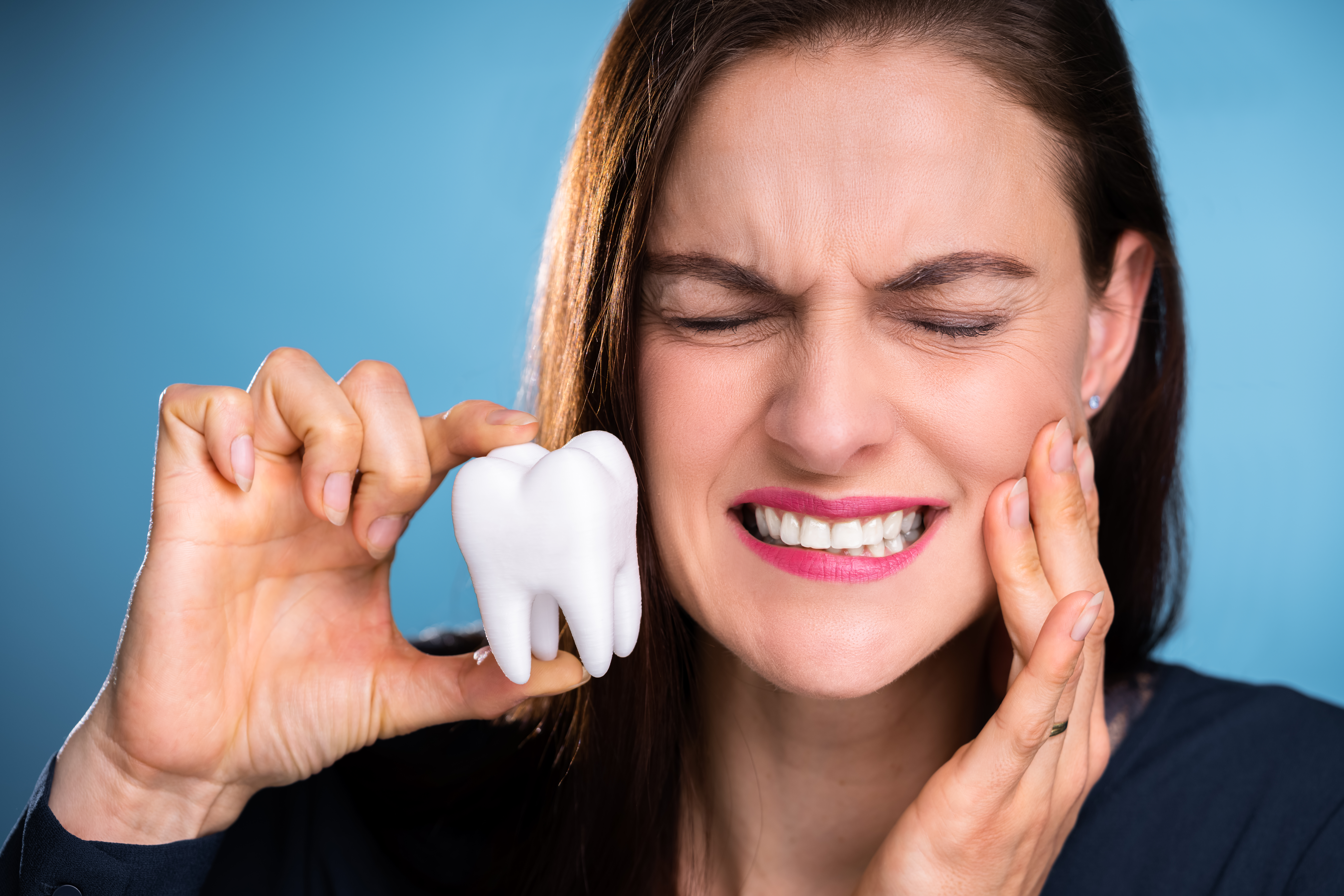- About
- Services
- Insurance & Finances
- New Patients
- Existing Patients
- Patient Portal
- Pre-Op Instructions
- Post-Operative Instructions
- Post Operative Instructions - Root Canal
- Post Operative Instructions – Dental Crowns
- Post Operative Instructions - Gum Disease Therapy
- Post Operative Instructions – Dental Fillings
- Post Operative Instructions – Dental Cleanings & Exams
- Post Operative Instructions – Tooth Removal
- Post Operative Instructions – Teeth Whitening
- Routine Cleaning
- Referral Program
- Location & Hours
Welcome to our blog post all about root canals! If you've ever heard the term "root canal" and shuddered at the thought, fear not. We're here to demystify this common dental procedure and provide you with all the information you need to know. Whether you're facing a root canal yourself or just curious about what it entails, we've got you covered. So sit back, relax, and let's dive into the world of root canals – trust us, it's not as scary as it sounds!
Why is a Root Canal Necessary?
When it comes to dental procedures, the words "root canal" often evoke feelings of fear and dread. But why is a root canal necessary? Let's delve into the reasons behind this common dental treatment. A root canal in Norcross, GA, becomes necessary when the pulp inside your tooth becomes infected or severely damaged. The pulp contains nerves, blood vessels, and connective tissue that are vital for healthy teeth. When bacteria enter through a cavity or crack in the tooth, it can cause an infection within the pulp.
This infection can lead to several unpleasant symptoms, such as persistent pain, sensitivity to hot and cold temperatures, swelling around the affected area, and even abscess formation. If left untreated, the infection can spread further into surrounding tissues and potentially result in tooth loss. By performing a root canal procedure, dentists in Duluth, GA, aim to remove the infected pulp while preserving the outer structure of your tooth.
Root canals are essential because they allow you to save your natural teeth rather than opting for extraction, which would require replacement options like implants or dentures later on down the road (both more expensive alternatives). Overall, a root canal procedure in Johns Creek, GA serves as a valuable solution for addressing severe infections within teeth by removing diseased pulpal tissue, eliminating pain, and preserving your natural smile. So if you're
The Process of a Root Canal Procedure In Johns Creek, GA
The process of a root canal procedure can be broken down into several steps.
First, the dentist will start by numbing the area around the tooth with a local anesthetic to ensure that you are comfortable throughout the entire procedure. Once you are numb, they will create a small opening in the tooth to access the infected pulp. Next, using specialized tools, the dentist will carefully remove all of the infected or damaged pulp from inside the tooth. This may involve cleaning and shaping the root canals to ensure that all bacteria and debris are removed. After cleaning out the canals, your dentist will then fill them with a rubber-like material called gutta-percha. This helps to seal off any remaining bacteria and prevent future infection. In some cases, a temporary filling is placed overtop of this material while you wait for your permanent crown or filling to be made. Once it is ready, your dentist will place it on top of your treated tooth to protect it and restore its function.
It's important to note that while root canal procedures have historically been associated with discomfort or pain, advances in dental technology have made them much more comfortable for patients today!
Aftercare and Recovery Tips
After undergoing a root canal procedure, it's important to properly care for your tooth to ensure smooth recovery. Here are some aftercare and recovery tips that can help you in the healing process.
- It's crucial to follow any instructions given by your dentist regarding pain management. They may prescribe painkillers or recommend over-the-counter options such as ibuprofen. Take these medications as directed to alleviate any discomfort.
- In addition, make sure to avoid chewing on the side of your mouth where the root canal was performed. Your tooth may be sensitive for a few days following the procedure, so sticking to softer foods can help prevent any further irritation or damage.
- Maintaining good oral hygiene is essential during this time. Continue brushing and flossing regularly, but be gentle around the treated area. Use a soft-bristled toothbrush and avoid vigorous scrubbing.
- It's also advisable to rinse your mouth with warm saltwater multiple times a day. This helps reduce swelling and keeps the area clean from bacteria.
- Attend all scheduled follow-up appointments with your dentist. These visits allow them to monitor your progress and ensure proper healing is taking place.
By following these aftercare tips, you can promote swift recovery and protect your newly treated tooth for years to come!
Conclusion
Root canal treatment is a necessary and effective procedure for treating infected or damaged teeth. It helps to alleviate pain, preserve the natural tooth structure, and prevent further complications. By removing the infected pulp and sealing the tooth, root canals enable patients to maintain their oral health and avoid more invasive treatments like extractions.
While some people may feel anxious about undergoing a root canal, it is important to remember that advancements in dental technology have made the process quicker and more comfortable than ever before. With proper aftercare and regular dental check-ups, you can ensure the long-term success of your root canal treatment.
If you are experiencing persistent tooth pain or suspect an infection in your tooth's pulp, don't hesitate to consult with your dentist. They will be able to assess your condition and recommend the appropriate course of action.
Remember, taking care of your oral health should always be a priority. By maintaining good oral hygiene practices such as brushing twice daily, flossing regularly, avoiding sugary foods and drinks, and visiting your dentist regularly, you can prevent many dental issues, including the need for root canal treatment!
So take charge of your oral health today and give those pearly whites the attention they deserve! Call our dentist in Norcross, GA to schedule your appointment.
More Blog Posts
Visit Our Office
Peachtree Corners, GA
5210 Town Center Blvd Suite 310 Floor 2, Peachtree Corners, GA 30092
Email: info@greaterdentalhealth.com
Book NowOffice Hours
- MONClosed
- TUE - FRI9:00 am - 5:00 pm
- SAT - SUNClosed
5210 Town Center Blvd Suite 310 Floor 2,
Peachtree Corners, GA





